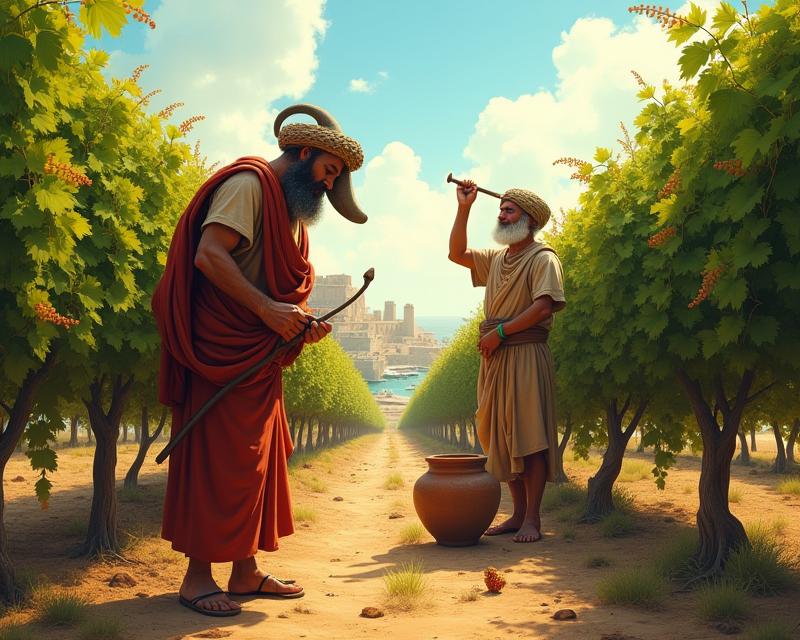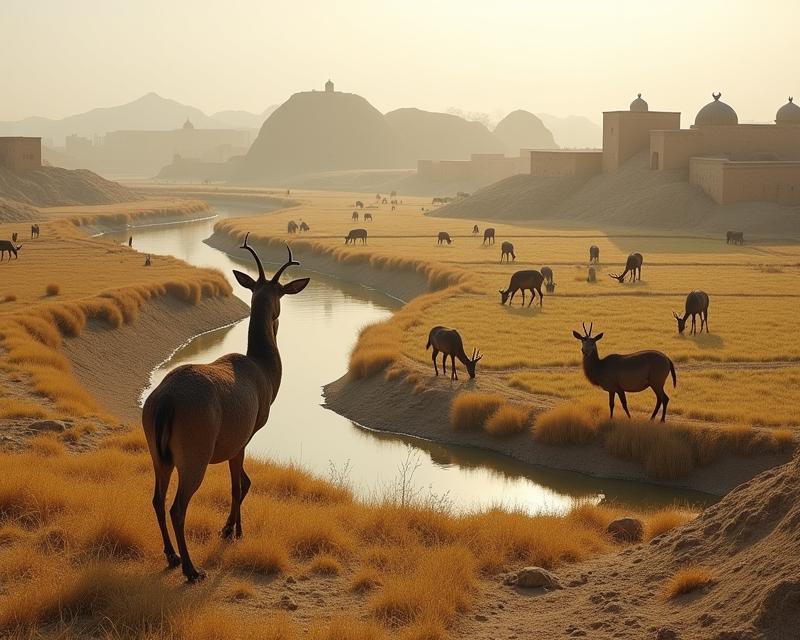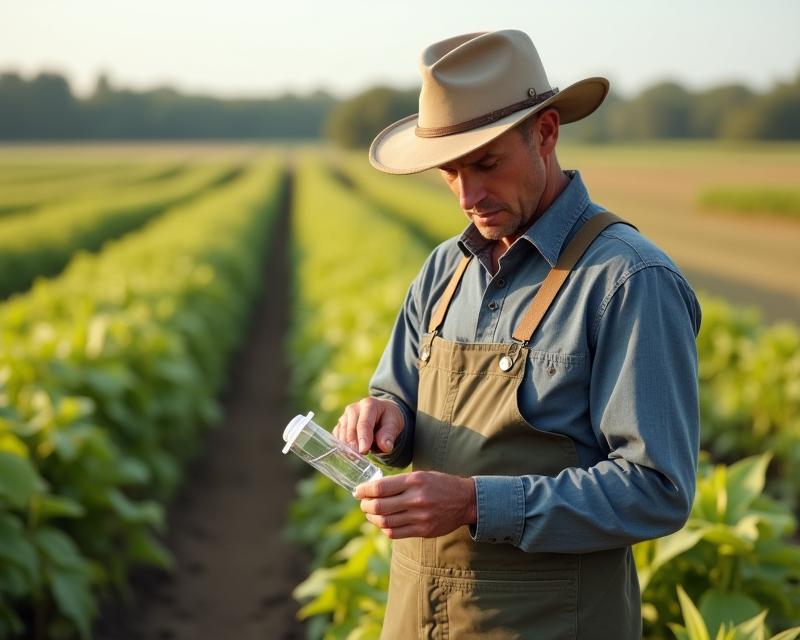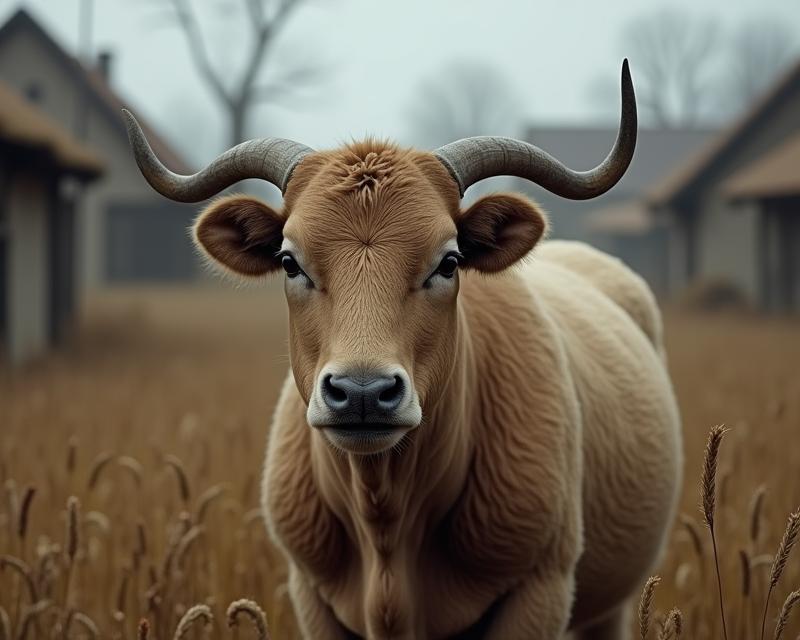Adapting to Change: Climate & Grain Planting
Publish in Agriculture el 22/07/2025 16:44
Adapting to Change: Climate & Grain Planting
Hey everyone! As farmers and gardeners, we've always worked *with* nature, but lately, nature feels like it's changing its rules. Climate change is no longer a distant threat; it's impacting our fields *now*. One of the biggest challenges is adjusting our planting schedules to cope with shifting weather patterns. It’s a big topic, but understanding how to adapt is key to a successful harvest.
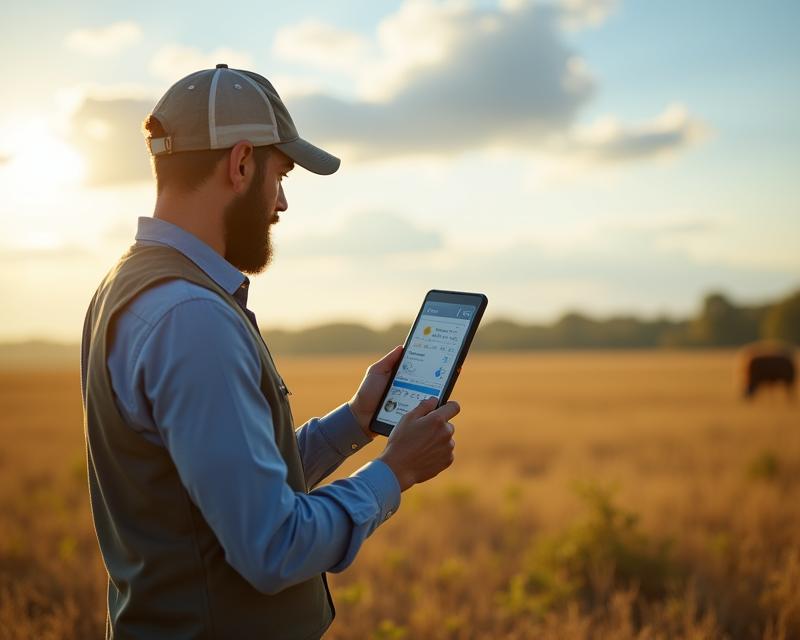
For generations, planting dates have been based on traditional knowledge – the vernal equinox, historical weather patterns, and what 'just felt right.' But those reliable markers are becoming less dependable. We're seeing earlier springs in many regions, but also more frequent and intense heatwaves, droughts, and unpredictable rainfall. This means the window for planting our favorite grains – wheat, corn, barley, and more – is shrinking and becoming more volatile. Traditional planting times that once guaranteed optimal growth are now risky bets.
So, what can we do? The good news is that adaptation is possible! Here are a few strategies to consider. First, monitor local weather forecasts closely. Don't just rely on long-range predictions; pay attention to short-term forecasts and be prepared to adjust your plans on the fly. Second, consider planting dates based on soil temperature rather than calendar dates. Soil temperature is a much more reliable indicator of when seeds will germinate. Many agricultural extension offices offer soil temperature data – take advantage of it! Third, explore varieties that are more tolerant of heat and drought. Modern breeding programs are developing grains specifically adapted to changing climates. Talking to your local seed supplier can help you find the best options for your area.
Finally, diversification is your friend! Don't put all your eggs in one basket. Consider planting a mix of crops with different planting windows to spread out your risk. This could include incorporating cover crops to improve soil health and water retention. Adapting to climate change isn't about abandoning traditional practices; it's about being more flexible, informed, and proactive. It's a continuous learning process, and we're all in this together. Let's share our experiences and learn from each other to build more resilient farming communities.
